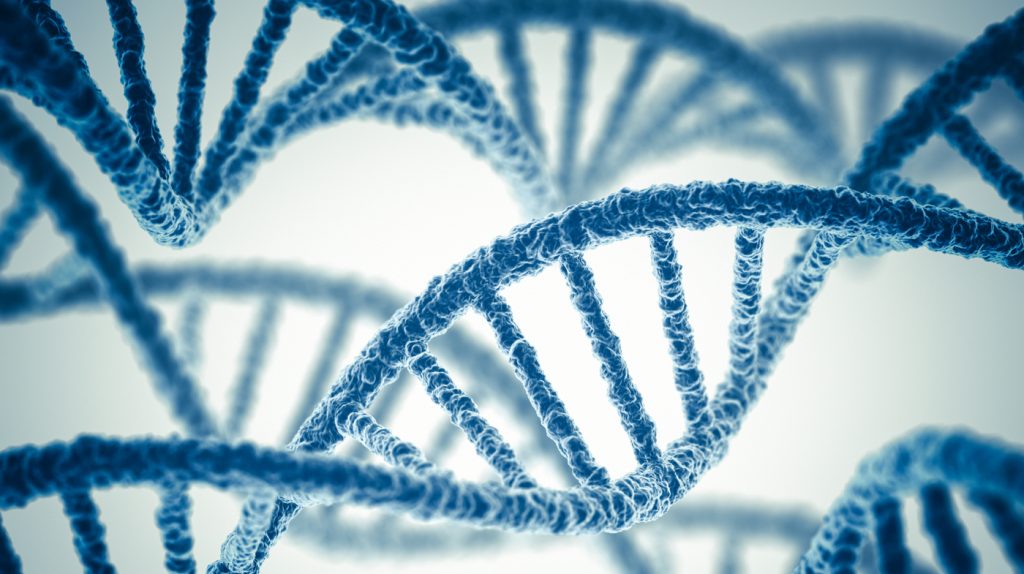National Academy of Sciences endorses genome editing ‘with caution’
By Kayla Britt, MST Editor
An expert panel from the National Academy of Sciences and Medicine issued a statement on Feb. 14 advocating for the use of gene editing in cells that could be used to create embryos specifically for therapeutic purposes.
Although genome editing, typically using molecular “cutting” mechanisms like CRISPR/Cas9, is not currently ready to be used in humans, the technology could be up to speed in the not so distant future.
In December of 2015, a summit was held for scientists, ethicists and lawyers to create guidelines for the use of gene editing in humans.
The takeaway from the meeting was a recommendation to restrict research that uses genetically modified embryos to create a baby. The editor in chief of one of the most prestigious scientific journals, Nature, was quoted saying that the journals have rejected papers on gene editing due to ethical concerns. Some of the major ethical concerns surrounding human genome editing are the question of whether embryos have human rights as well as whether genome editing could lead to social inequality and discrimination.
The statement issued by the NAS could shift the tide of opinion on gene editing. Currently, researchers in the U.S. are not allowed to conduct clinical trials on genome editing, although this type of research is being done in other countries.
Recently, a procedure was done in Mexico by an American team to create a three-parent baby (the mitochondrial DNA came from a separate donor due to faulty maternal mitochondrial DNA). Although the report does not directly influence policy, local and foreign governments often pay attention to their recommendations. Moving forward, drawing the line between therapy and enhancement will be a growing challenge.

